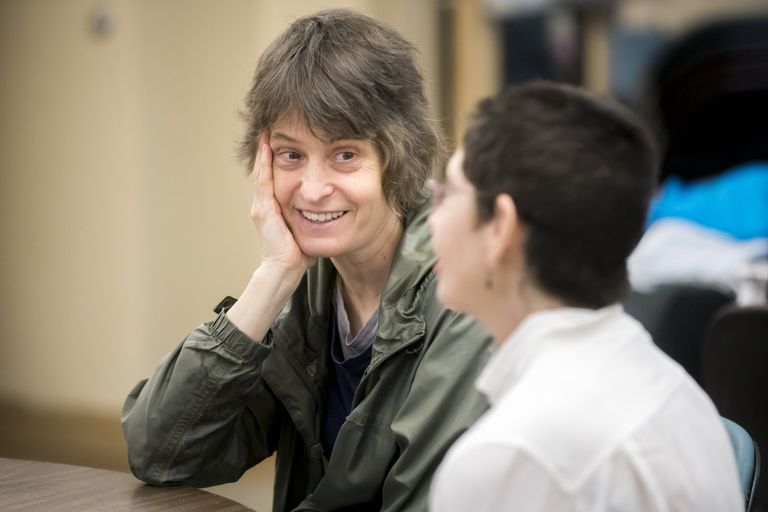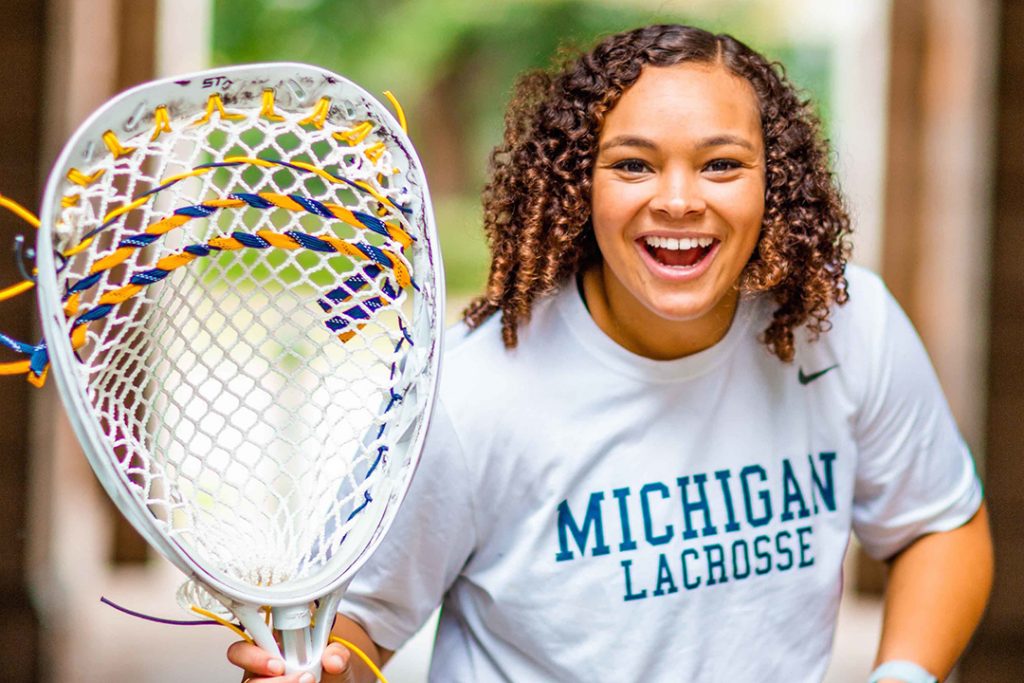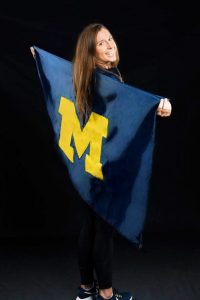American Olympic cyclist Rebecca Twigg is profiled by the Seattle Times. After her career ended, she developed anxiety, which prevented her from keeping a job and considered suicide.

By Scott Greenstone
When Rebecca Twigg was 7, she rode a bike for the first time. There were no training wheels, but Twigg took off like she’d done it in a previous life. She fell only when she realized she didn’t know how to stop, and steered into a wall.
“I took to the road like I was born to do it,” Twigg says today. “Except for the little part about stopping. I’m not a very good planner.”
The Seattle-raised athlete went on to become one of the most famous American cyclists in the ’80s and ’90s, winning six world championships and medaling in two Olympics. She appeared on cycling magazine covers, in sponsor ads and in features in Sports Illustrated and Vanity Fair.
ut then, in 1996, she left the team abruptly during the Olympics and the next year, retired from cycling. She re-entered the workforce. It didn’t work out.
“Once you’ve done something that feels like you’re born to do it, it’s hard to find anything that’s that good of a fit,” Twigg says today. “Anything else that feels that way.”

Jimi Lott/Seattle Times archives
Twigg, 56, agreed to share her story to convince the public that not all homeless people are addicted to drugs or alcohol; that there are many like her, who have struggled with employment and are “confused,” as she said she is, about what to do next with their lives. She did not want to discuss mental health but feels it should be treated more seriously in Washington.
“Some of the hard days are really painful when you’re training for racing,” Twigg said, “but being homeless, when you have little hope or knowledge of where the finish line is going to be, is just as hard.”
Read the rest of the story on SeattleTimes.com.


 By Rachel Amity, MSW Candidate, U-M Athletic Counseling Team
By Rachel Amity, MSW Candidate, U-M Athletic Counseling Team


 ANN ARBOR, Mich. – The University of Michigan’s Athletes Connected program
ANN ARBOR, Mich. – The University of Michigan’s Athletes Connected program 
 By Thomas Kaiser
By Thomas Kaiser